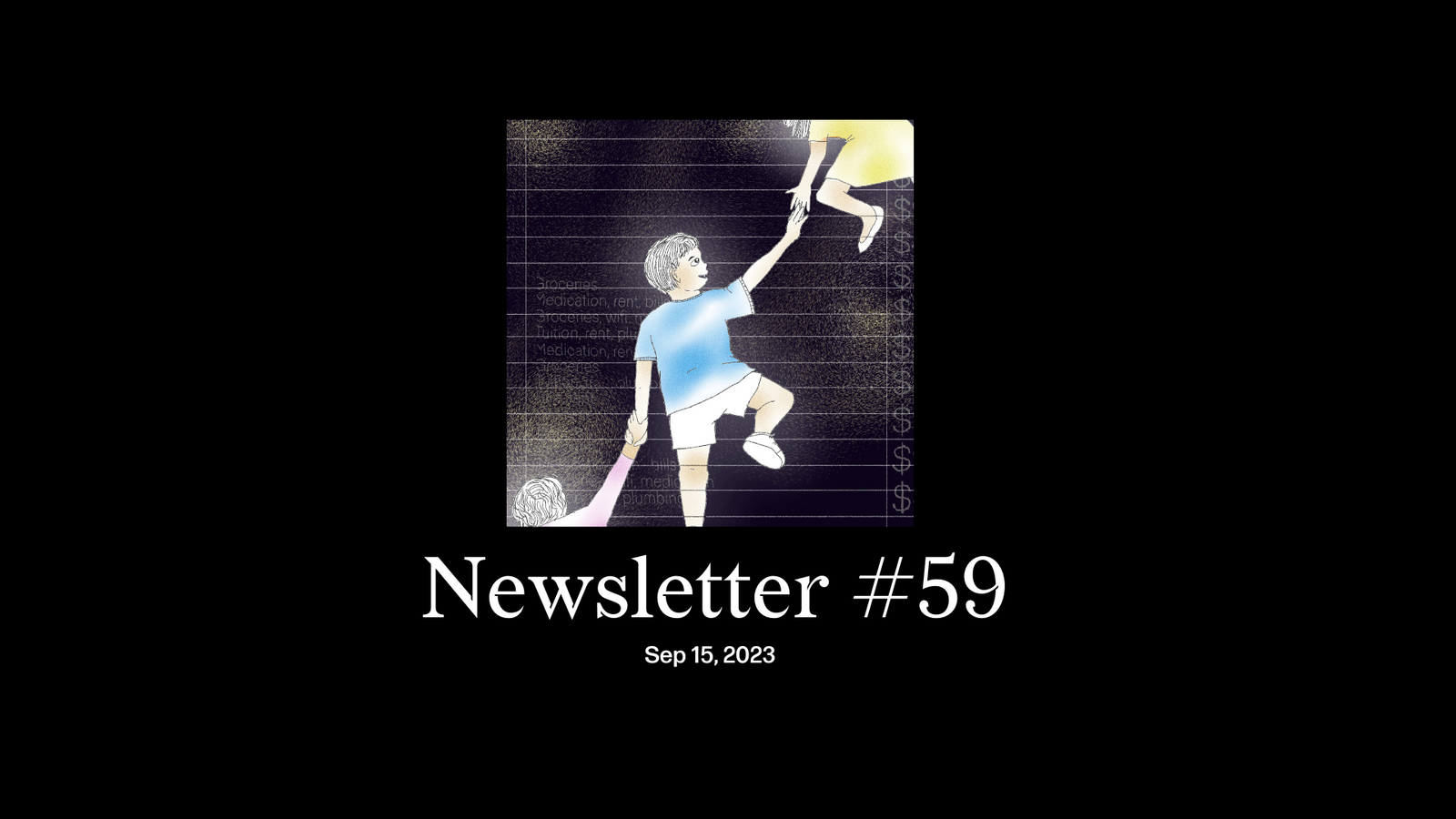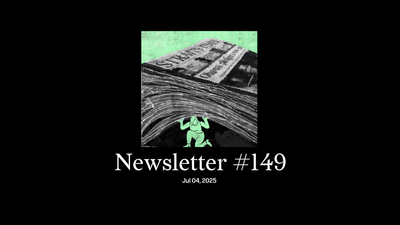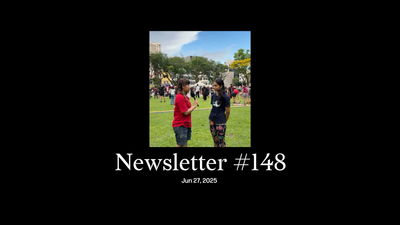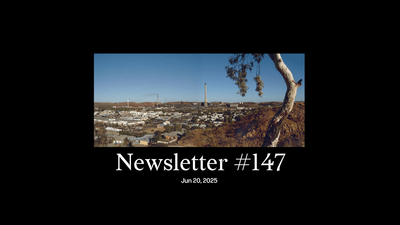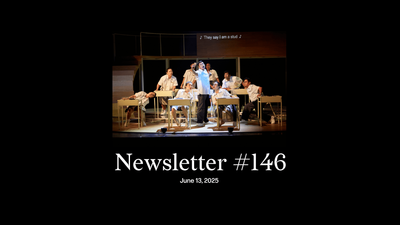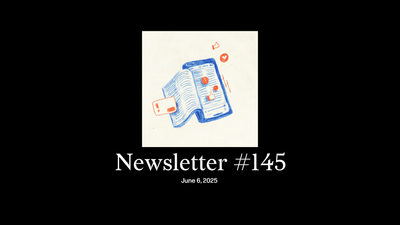Dear reader,
Since Tharman’s thumping victory on September 1st, the following things have happened:
- Vivian Balakrishnan and K Shanmugam, two ministers, have sued Lee Hsien Yang, son of Lee Kuan Yew, for defamation;
- POFMA (Protection from Online Falsehoods and Manipulation Act) directives have been handed out, for the first time ever, to an NUS academic and a podcast; and
- Two days after Jom lost its own POFMA appeal at the High Court, the government alleged that Dominic Ziegler, Banyan columnist and Singapore bureau chief for The Economist, had interfered in domestic politics because of his endorsement of Jom, which we published in our August 25th newsletter.
We share our thoughts on the last two in “Singapore This Week”, our weekly digest. While there may be no connection between any of the above events, several journalists I’ve spoken to are worried. They perceive these, and other seeming attacks on critics, as stemming partly from the People’s Action Party’s old paranoia and siege mentality, which are now presumably in overdrive. Following a spate of scandals that could threaten its stability, so it goes, the system now sees demons everywhere.
Fear has inspired fear.
It’s not healthy, it’s not hopeful, and it’s not a meaningful or purposeful way for us to live. Over the past week at Jom, we’ve had discussions about everything from self-censorship in our work to practical issues around our content calendar and special projects. The extra attention from the government has invariably added friction to some of our internal processes, which perhaps is partly the intent.
And yet, we are buoyed every day by messages of support and hope from allies. These include artists, activists, senior civil servants, lawyers, social sector professionals and more. We’re encouraged by the broad coalition of Singaporeans who believe in the value of independent journalism. There are now almost 5,000 of you receiving this newsletter.
Thank you all! Onward we go. Jom’s internal spirit and resolve seem stronger than ever.
You may recall that Dom is one of four people, alongside Preeti Nair (“Preetipls”), Teo You Yenn, and Walid Abdullah, in Jom’s first-ever advertising campaign. Among many other reasons we wanted Dom in our campaign is precisely because he’s a non-Singaporean who’s interested in Singapore.
We want to broaden Jom’s appeal beyond our shores, part of our eventual plan to expand across South-east Asia. Amid all the government talk about supporting entrepreneurship and “Passion Made Possible”, it’s highly regrettable, in our view, that the Ministry of Communications and Information (MCI), the very ministry that is supposed to foster Singapore’s media sector, has interpreted a legitimate advertising campaign as foreign interference. (Dom’s full endorsement is here; and excerpts from all four promoters are here.)
Despite the past week’s events, I do hope that foreign journalists, and foreigners more broadly, remain engaged with Singapore. We’ll certainly promote their work whenever relevant. In “Other SG stuff we like”, there’s a piece by Mercedes Ruehl, the Financial Times correspondent based here, on the “Fujian gang” money laundering scandal.
In any case, Dom seems to be taking it all in his stride. We’ve chatted a lot over the past week. We realised that, even though he’s a fan of theatre, he’s completely unfamiliar with Singapore’s vibrant scene! So we’re going for Wild Rice’s “G*D IS A WOMAN” tomorrow evening. Hope to see some of you there. Look out for the foreign agent in the crowd. (Dear MCI, that’s a joke.)
In many ways, we’re all trying to support each other and live with fun and meaning amid uncertainty. There’s often a disjoint between those who make decisions on our behalf, and the actual lives we each have to lead. We feel a lack of agency in a country still governed by a hegemonic power and modes of thinking and discourse.
These are all issues touched on in this week’s essay, “Mutual aid in Singapore: where solidarity looks like charity”, by Sherryl Cheong, with illustrations by Kimberly Wee. Through the eyes of Odette Yiu, Sherryl tells the remarkable story of the Singaporeans who organised ground-up initiatives to offer mutual aid to each other—basic help, in situations where the state has failed.
Though prompted by pandemic woes, mutual aid initiatives have gained salience more broadly in Singapore over the past few years. It’s not simply about crisis response, as Sherryl notes, but addressing structural inequities.
“Irie was right in saying that mutual aid was about knowing there were people whom you could turn to in a crisis. And so was Yiu in saying that mutual aid is about identifying structural issues and demanding change. Mutual aid is at once a day-to-day practice and something far bigger than that.”
And so, while we must acknowledge the fear in the air, let’s also always draw hope—from the Iries and Yius of Singapore, working tirelessly, and often thanklessly, on our behalf.
Jom!
Sudhir Vadaketh
Editor-in-chief, Jom
If you've enjoyed our newsletters, please scroll to the bottom of this page to sign up to receive them direct in your inbox.


